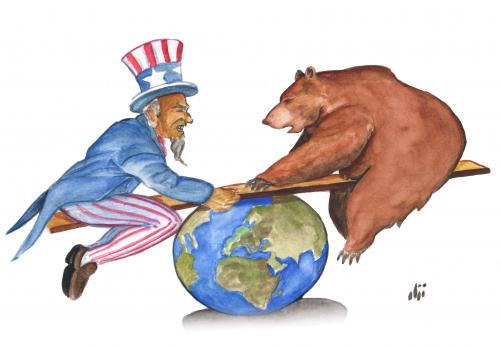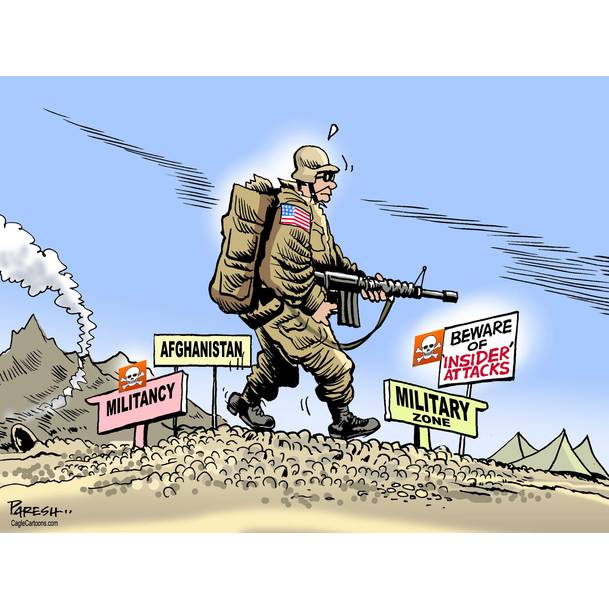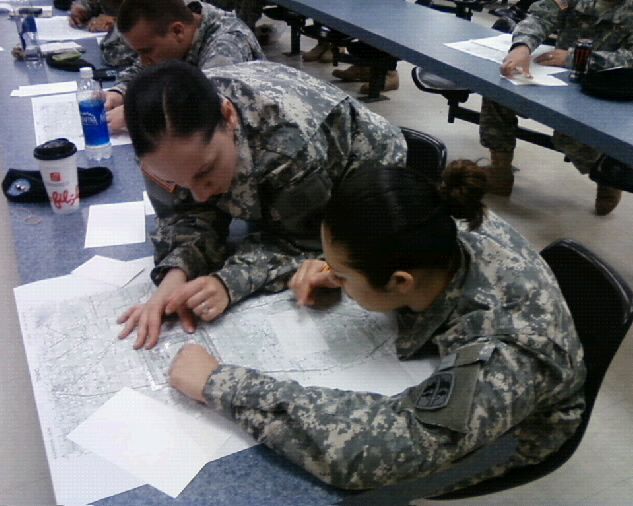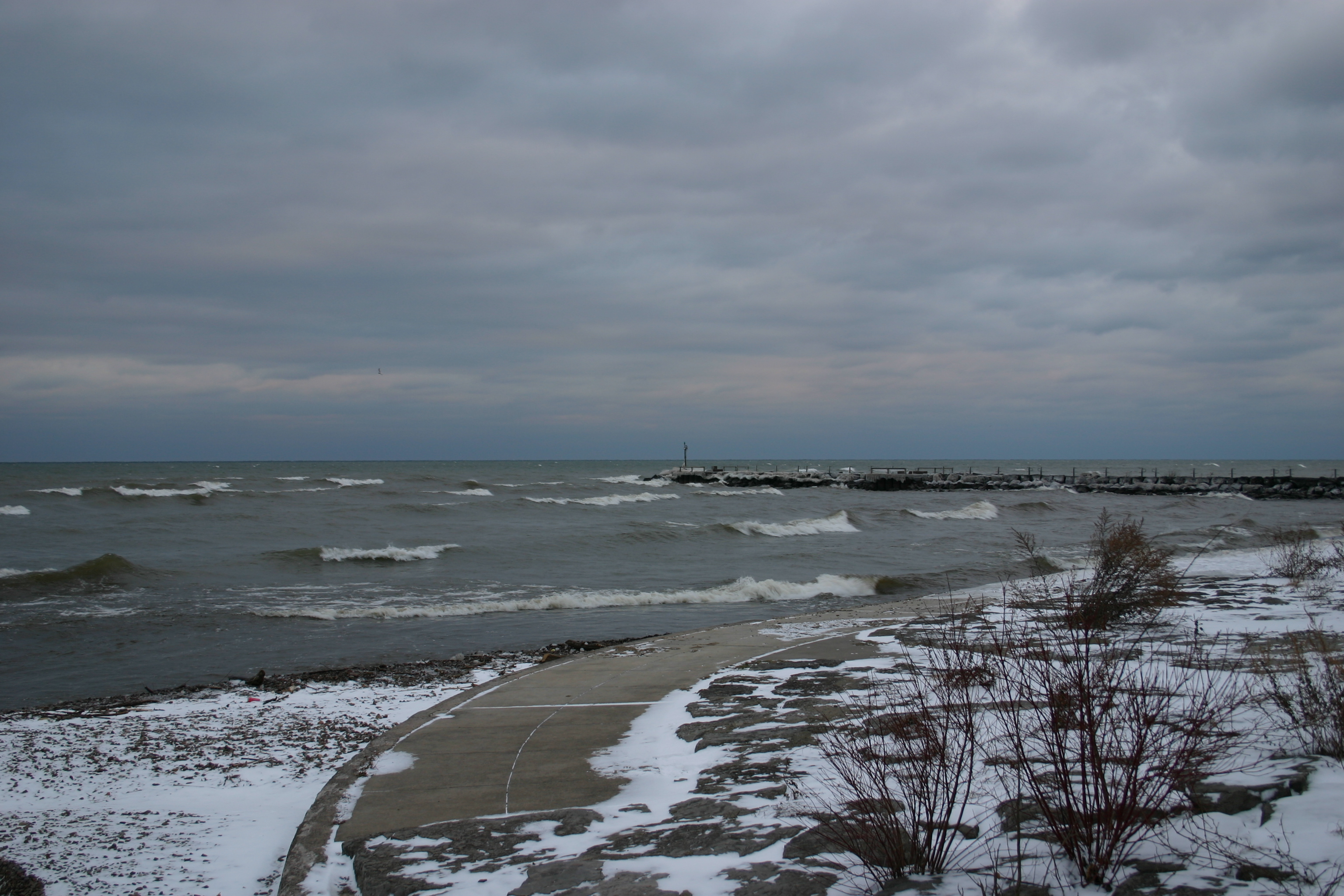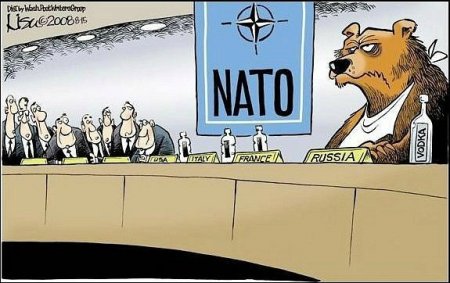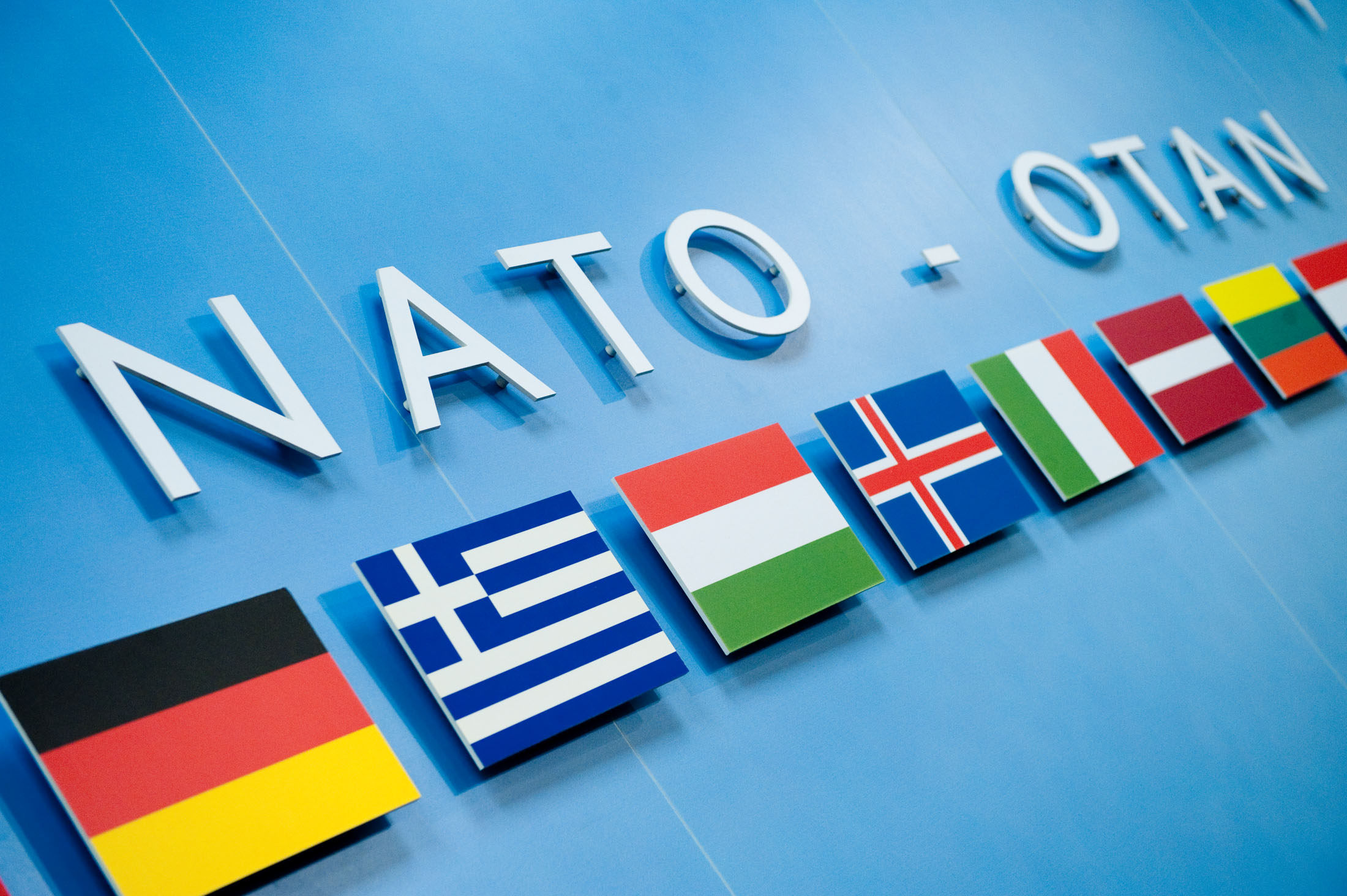Aaron Willschick takes a look at NATO’s Connected Forces Initiative and the major difficulties that go along with building interoperability within an alliance of self-interested members.
Aaron Willschick
Friend or Foe? The Peculiarity of NATO-Russia Relations
In taking account of some recent events and interactions between the two sides, Aaron Willschick examines the peculiarity and unpredictability of the NATO-Russia relationship.
The Struggle Against Somali Piracy: A NATO Success?
Aaron Willschick argues that despite Operation Ocean Shield’s perceived success in combating Somali maritime piracy, the reduction in pirate attacks may have less to do with NATO action and more to do with private security firms.
Looking Over Your Shoulder: NATO and the Rise of ‘Green on Blue’ Attacks in Afghanistan
Aaron Willschick looks at the increase of ‘green on blue attacks’ as the latest evidence that NATO’s best before date in Afghanistan is well past due.
In Too ‘DEEP.’ NATO as an Institutional Educator
Transitioning from its supreme role as the security guarantor of the world, Aaron Willschick discusses NATO’s participation in education and institutional reform in emerging countries with the Defence Education Enhancement Program (DEEP).
A Lack of Coordination: The U.S., Canada and the Threat of Maritime Attacks
Despite the increased coordination in Canada-U.S. border security since 9/11, Aaron Willschick argues that the two countries are still far apart when it comes to the perceived risk to their maritime borders.
The New Cold War? NATO-Russian Relations in 2013
Aaron Willschick argues that NATO-Russian relations have hit a low point in the wake of the annual Munich Security Conference last week. Unless Cold War sentiments and old hostilities are left in the past, relations between the two sides will remain fragile and unpredictable.
Bigger Is Better? NATO’s “Enlarging” Role
Aaron Willschick argues that NATO’s global relevance as a military alliance has given way to a more political role evidenced by its successive enlargements to Eastern Europe.


